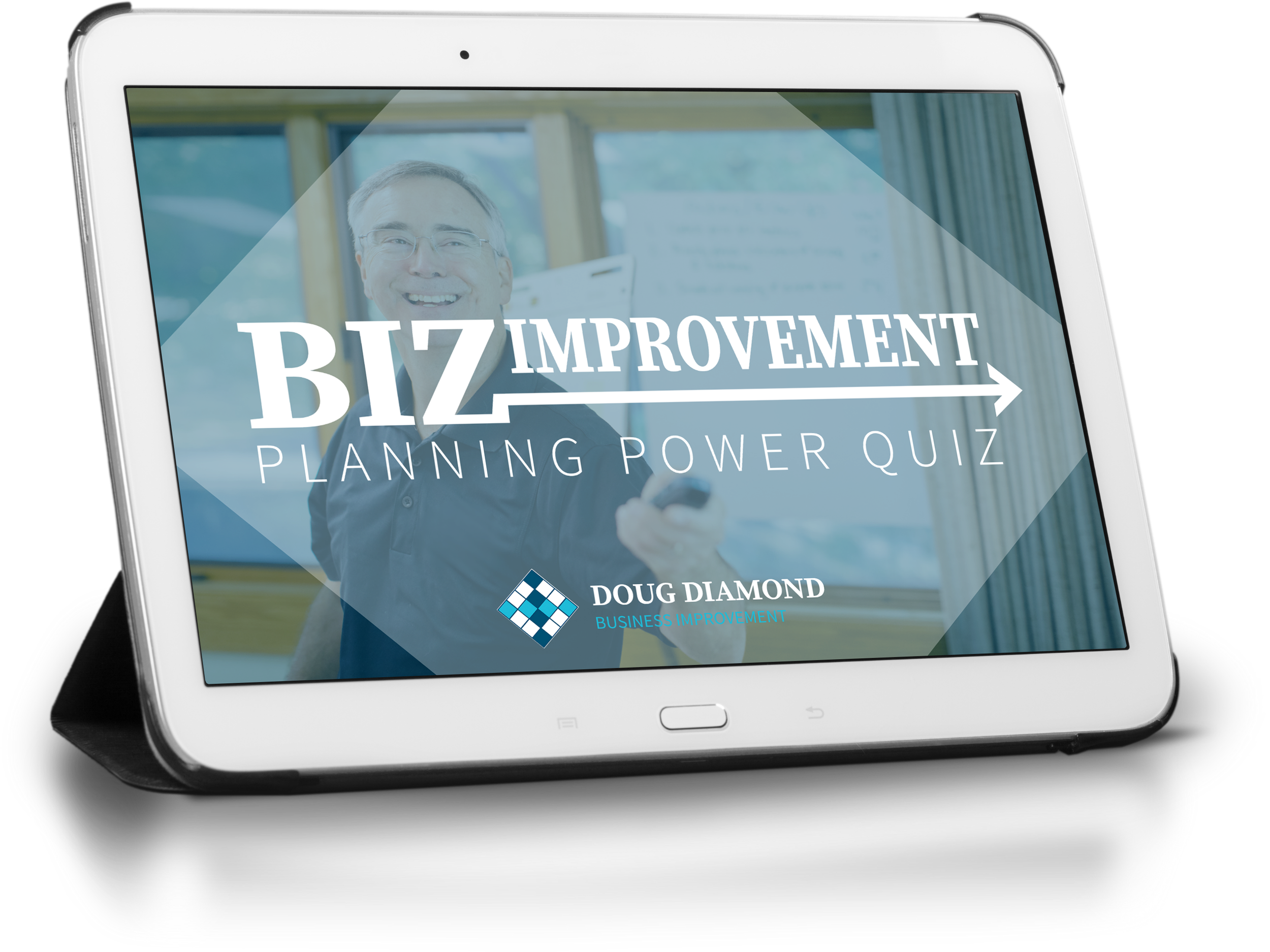Why Annual Planning Feels Overwhelming (and What That Actually Means)
For a lot of leaders, annual planning doesn’t feel exciting — it feels heavy. Not because they don’t care or aren’t committed, but because they haven’t really built a planning rhythm yet. When there’s no rhythm, planning always feels like starting from scratch.
Most of the Pathfinders we meet have been running the business on instinct, experience, and day-to-day communication for a long time. In the early years, that works. The team is small enough to stay coordinated just by talking. Things still move forward, and problems get solved in the moment.
But at a certain point, the business changes. The needs become more sophisticated than the system that’s in place to run it. And leaders start to feel that gap — usually as overwhelm, inconsistency, or a sense that “we should have a better handle on this by now.”
What being a Pathfinder actually looks like
Pathfinder companies are usually somewhere in the 5–20 employee range, though size isn’t really the defining factor — it’s structure. They haven’t yet developed a regular annual or quarterly planning rhythm. There might be goals, but they aren’t clearly defined as annual vs. quarterly. There usually aren’t written priorities with clear ownership. And metrics may exist conceptually, but they aren’t tracked in a simple, consistent way.
Things are still getting done, but not always in a focused, intentional way. And without a rhythm, everyone is working hard, but not necessarily in the same direction.
Pathfinders often come to us saying some version of:
“We’ve tried planning before, but nothing stuck.”
“I know we need structure — I just don’t know where to start.”
“We’re growing, but it feels out of control.”
“We’ve plateaued and can’t see why.”
“My business is running me.”
None of that means failure. It simply means the business has reached a stage where it requires more clarity and coordination than instinct can provide.
Why planning feels so overwhelming at this stage
Planning is only overwhelming when it’s unclear where to begin. When there’s no model to follow, every step feels like guesswork:
What should our goals actually be?
How do we pick the right metrics?
Which priorities are realistic for 90 days versus too big?
Who should own what?
Without a framework, it’s a blank page — and a blank page is intimidating.
This is also where leaders sometimes make planning harder than it needs to be. They feel like they have to “do it the big way” immediately — a complete system, dashboards, cascading goals, etc. But that’s like trying to play Beethoven the first time you sit at a piano. Nobody starts there.
We don’t need a “big system” at the Pathfinder stage. We just need a beginning — something small enough to create comfort and confidence.
Why starting gentle matters
When we begin working with Pathfinders, we don’t aim for complexity. We start with modest goals, a simple planning rhythm, and a small set of metrics so there’s early clarity and early wins. The objective is not to build a perfect plan — it’s to build the muscle of planning.
We also help determine what is “enough” structure so the process is supportive rather than overwhelming. Pathfinders don’t need a deep strategic overhaul; they need a reliable way to align the team around a shared direction and to know whether they’re making progress.
Just having that first level of structure — an annual plan connected to a quarter, with clear priorities and ownership — immediately reduces anxiety. Planning feels lighter because it’s no longer abstract.
The moment this starts to click
Almost every Pathfinder has the same breakthrough: once there is a basic rhythm, planning stops feeling like an event and starts feeling like part of how the business runs. Instead of reacting, the leadership team begins anticipating. Instead of trying to hold it all in their heads, there is a place where the plan lives and gets revisited.
And once that rhythm exists, growth becomes intentional instead of accidental.
If you’re not sure whether you’re a Pathfinder or a bit further along…
We’ve created a short Annual Planning Quiz that helps leaders see which stage they’re really in — Pathfinder, Builder, Optimizer, or Strategist. Just knowing your starting point changes the whole way planning feels, because you stop expecting yourself to operate at a level you haven’t built toward yet.
If you’re curious where your company actually lands, the quiz is a good first step.



